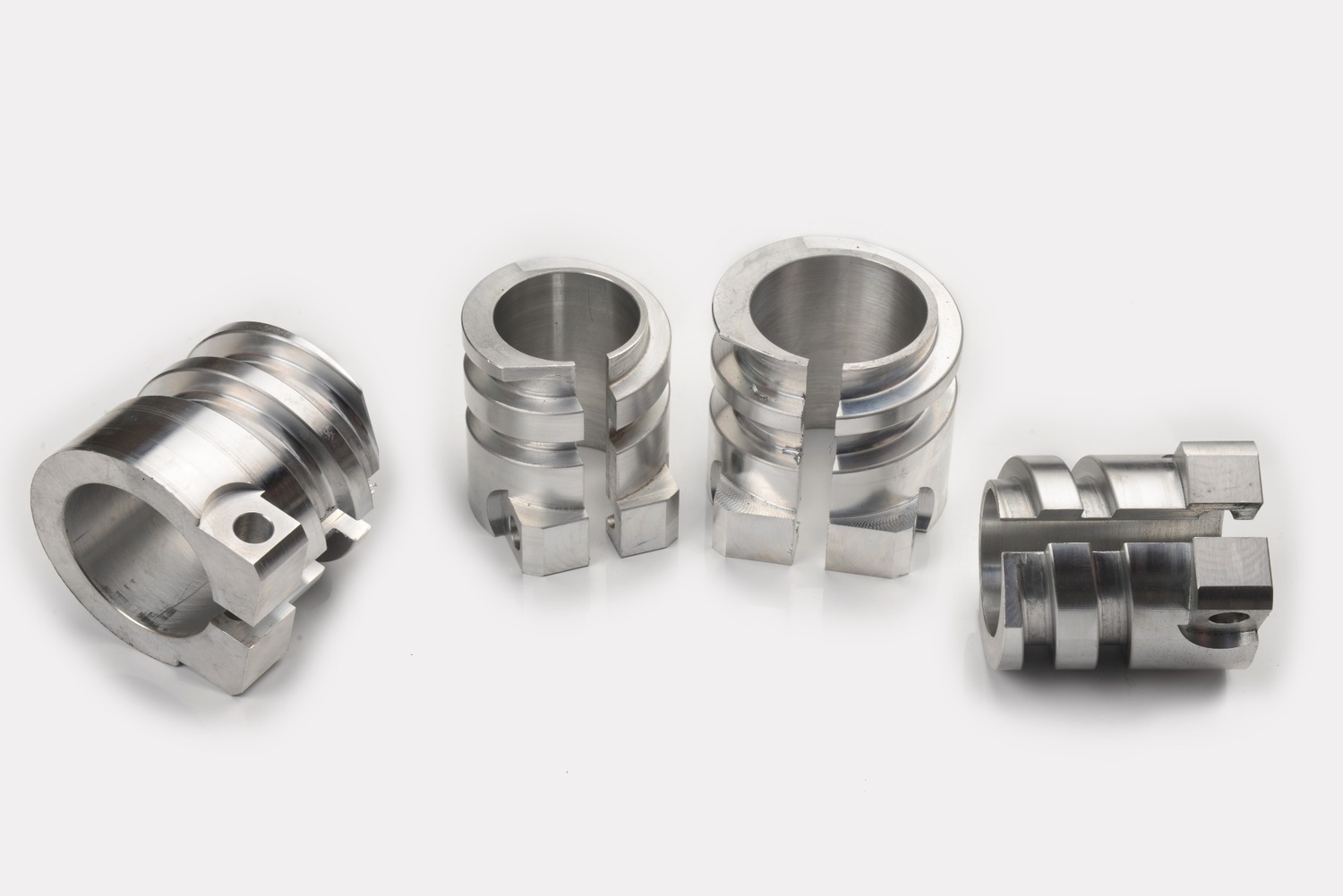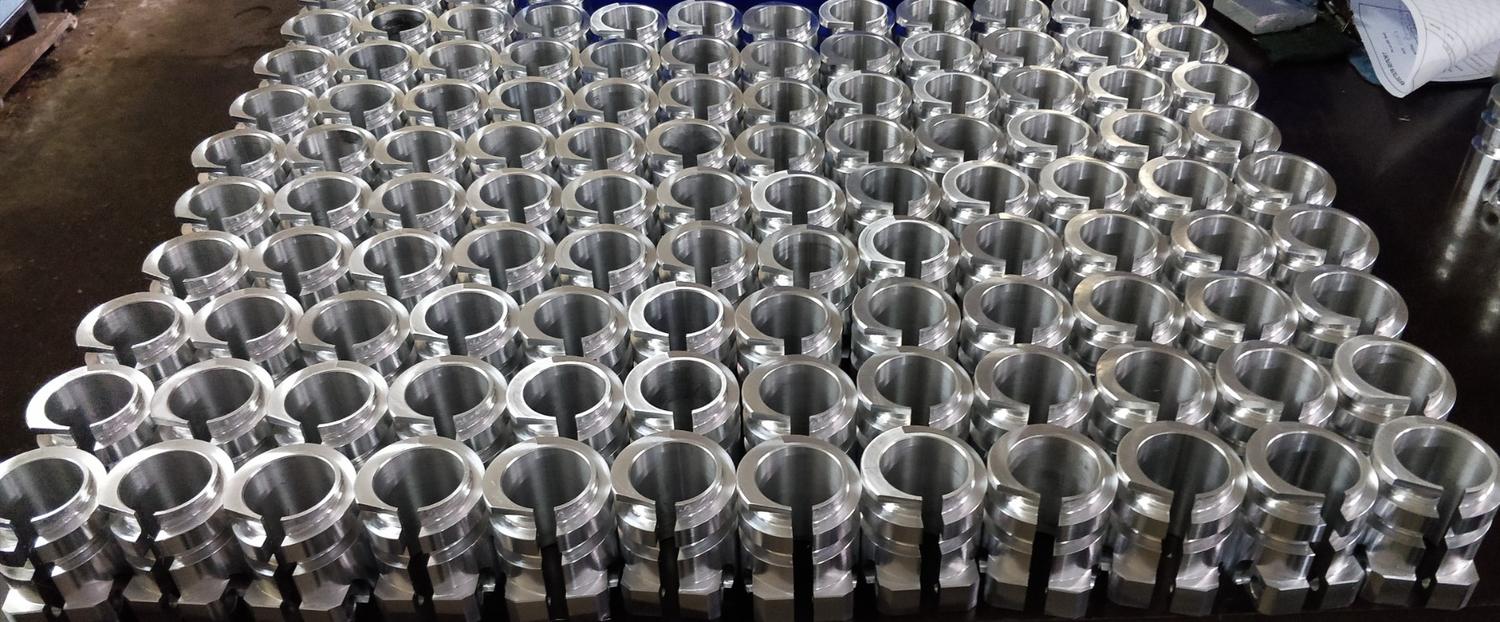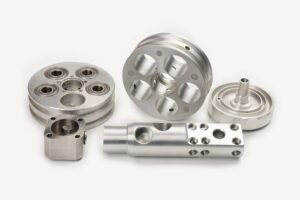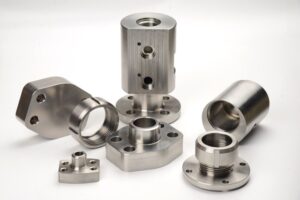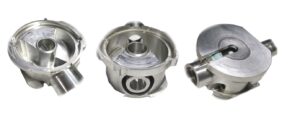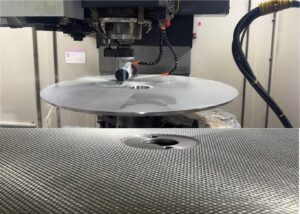Description
Here are key aspects related to machining parts for the automobile industry:
- Materials:
Automobile components are made from a variety of materials, including metals such as steel, aluminum, and alloys. The material selection depends on factors such as strength, weight, and specific performance requirements for each component. - Precision Machining:
Precision is crucial in the production of automobile parts to ensure proper fit, function, and performance. CNC machining is commonly used for precision machining, allowing for tight tolerances and high accuracy. This is important for components like engine parts, transmission components, and suspension elements. - Mass Production:
The automobile industry often requires large-scale production to meet the demand for vehicles. Machining processes must be optimized for efficiency and repeatability to produce components in high volumes. - Durability and Wear Resistance:
Automobile components are subjected to various forces, including vibrations, heat, and wear. Machining processes may include heat treatments, surface coatings, or the use of specialized materials to enhance durability and resist wear, especially for components like engine parts, brake systems, and gears. - Complex Geometries:
Automobile components often have complex shapes and intricate geometries. Machining techniques, including multi-axis machining and precision milling, are employed to produce components with complex features, such as engine blocks, cylinder heads, and transmission components. - Surface Finish:
The surface finish of automobile parts is important for both functional and aesthetic reasons. Machining processes are controlled to achieve the required surface finish, which may include factors like smoothness, texture, and corrosion resistance. - Quality Control:
Rigorous quality control measures are implemented throughout the machining process to ensure that automobile components meet strict industry standards. Inspection processes may include dimensional checks, material testing, and functional testing. - Regulatory Compliance:
Automobile manufacturers must comply with various safety and environmental regulations. Components must meet standards set by organizations such as the National Highway Traffic Safety Administration (NHTSA) and meet emission standards. Machining processes must align with these regulatory requirements. - Customization:
Different automobile models may have unique design requirements. Machining allows for the customization of components to fit different vehicle models and meet specific design specifications.
Examples of automobile components that may undergo machining include engine blocks, cylinder heads, crankshafts, pistons, gears, brake components, suspension parts, and various structural and mechanical elements.
In summary, machining plays a crucial role in the automobile industry, where precision, durability, and compliance with safety and regulatory standards are essential. Advanced machining technologies and stringent quality control measures are employed to meet the specific requirements of the automotive sector.





